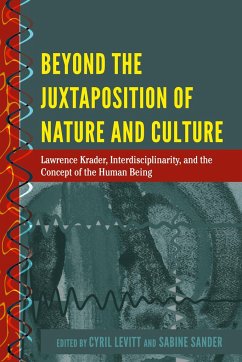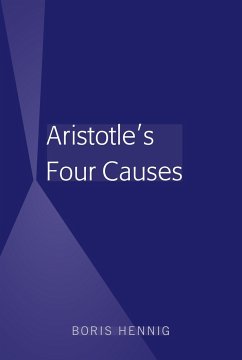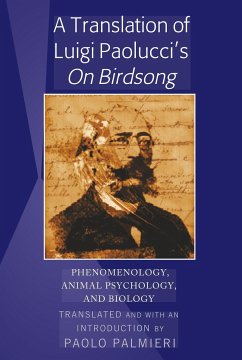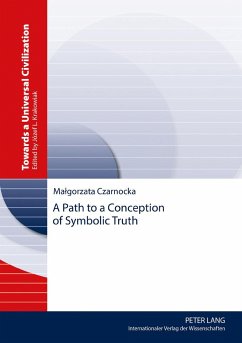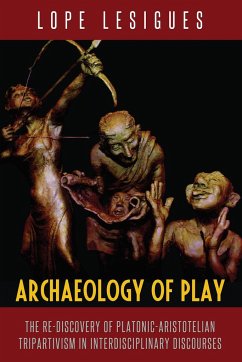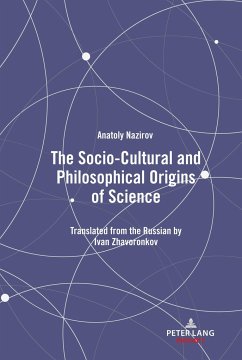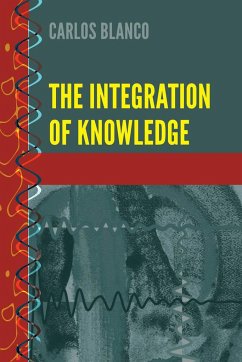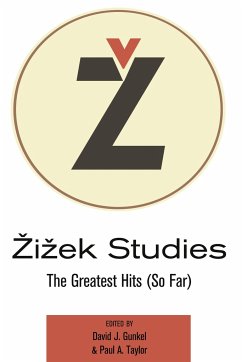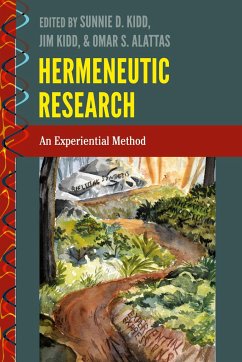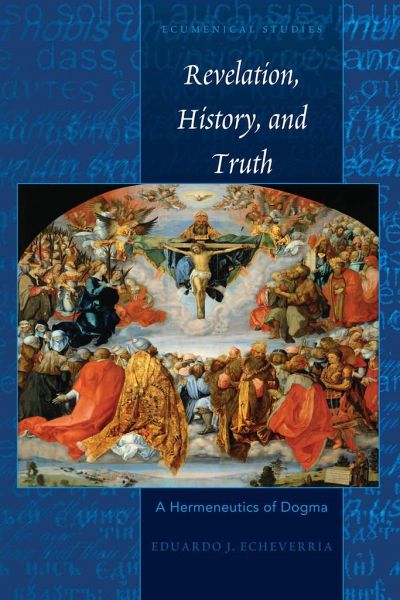
Revelation, History, and Truth
A Hermeneutics of Dogma
Herausgegeben: Stephenson, Christopher A.
Versandkostenfrei!
Versandfertig in 6-10 Tagen
113,45 €
inkl. MwSt.
Weitere Ausgaben:

PAYBACK Punkte
0 °P sammeln!
The general topic of this book concerns the ontology, epistemology, and teleology of the hermeneutics of dogma. In particular, the author addresses contemporary challenges faced by the necessity of maintaining the integrity of dogmatic truth of the Christian faith, of divine revelation and its transmission through tradition, particularly with respect to the relationship between history and doctrinal truth. The author integrates a theological hermeneutics, namely, the Lérinian hermeneutics of Vatican II, with a historically conscious hermeneutics. His aim is to show how we can consider the his...
The general topic of this book concerns the ontology, epistemology, and teleology of the hermeneutics of dogma. In particular, the author addresses contemporary challenges faced by the necessity of maintaining the integrity of dogmatic truth of the Christian faith, of divine revelation and its transmission through tradition, particularly with respect to the relationship between history and doctrinal truth. The author integrates a theological hermeneutics, namely, the Lérinian hermeneutics of Vatican II, with a historically conscious hermeneutics. His aim is to show how we can consider the historical and contextual nature of dogmas, creeds and confessions while at the same time honoring their assertions of dogmatic truth that are permanent, valid and binding for all times.





